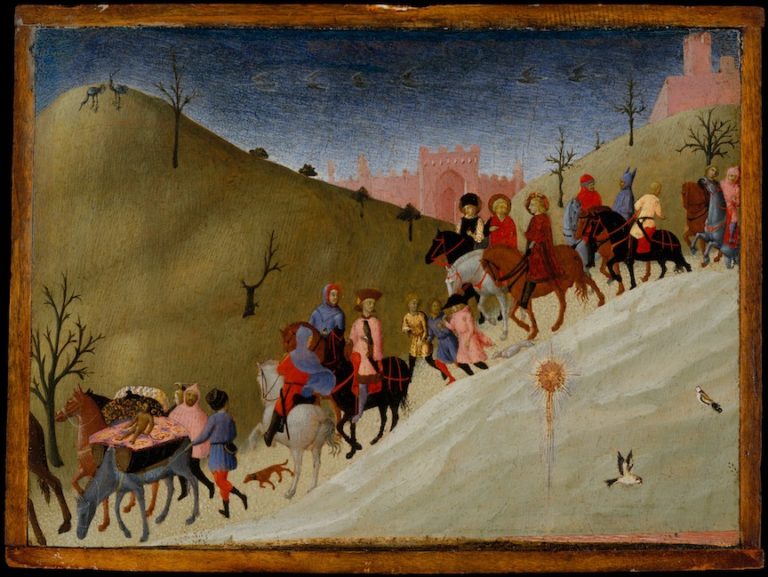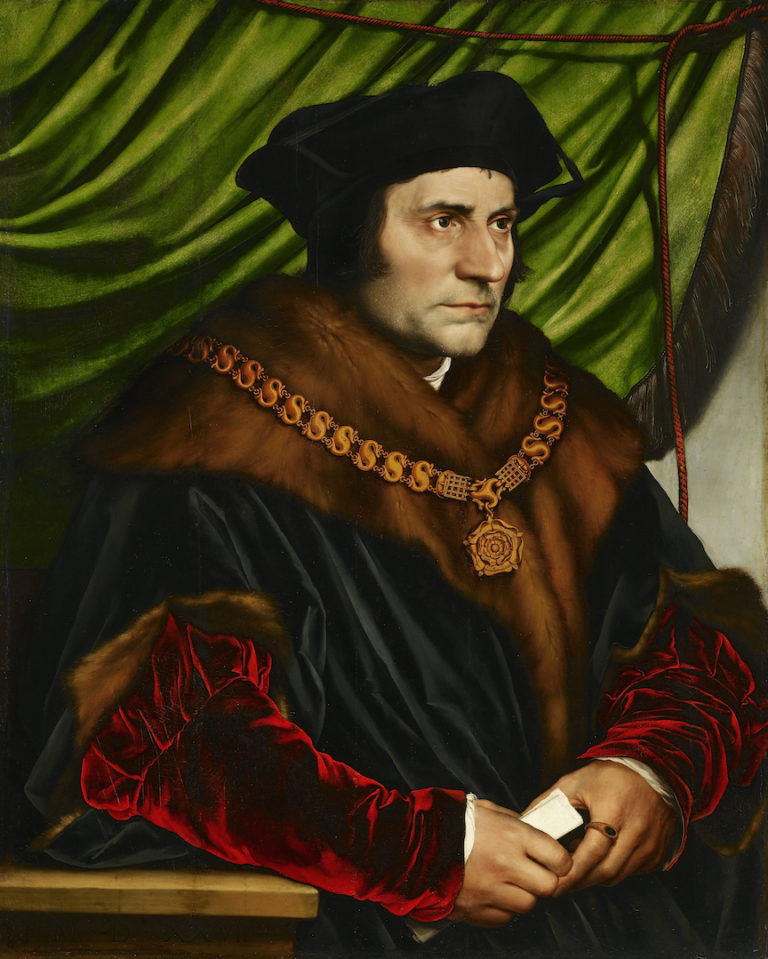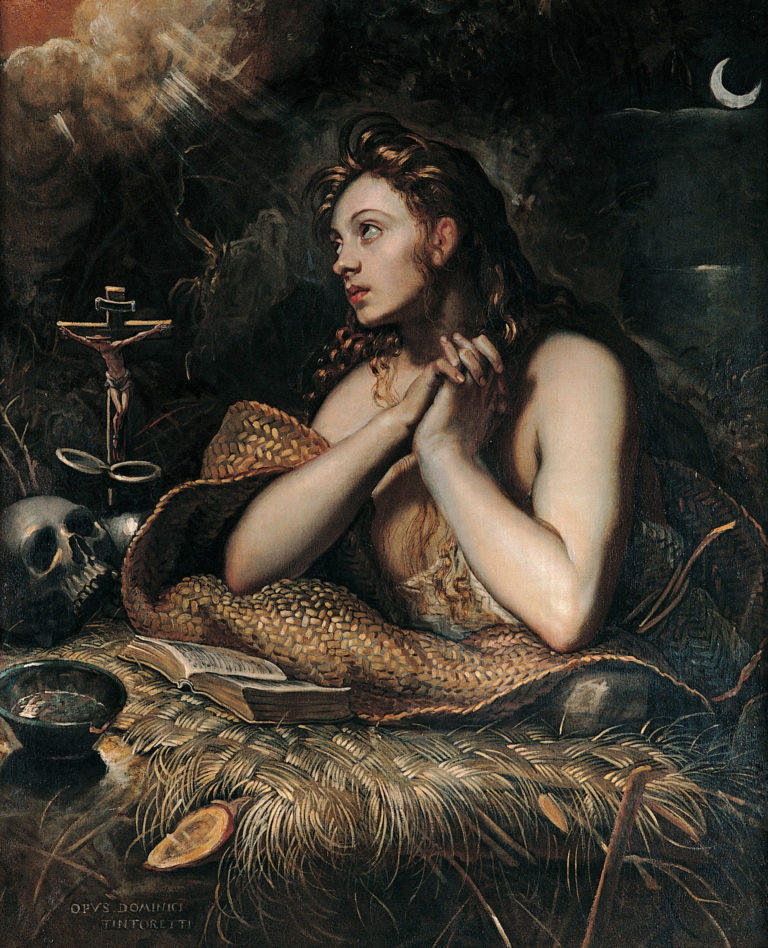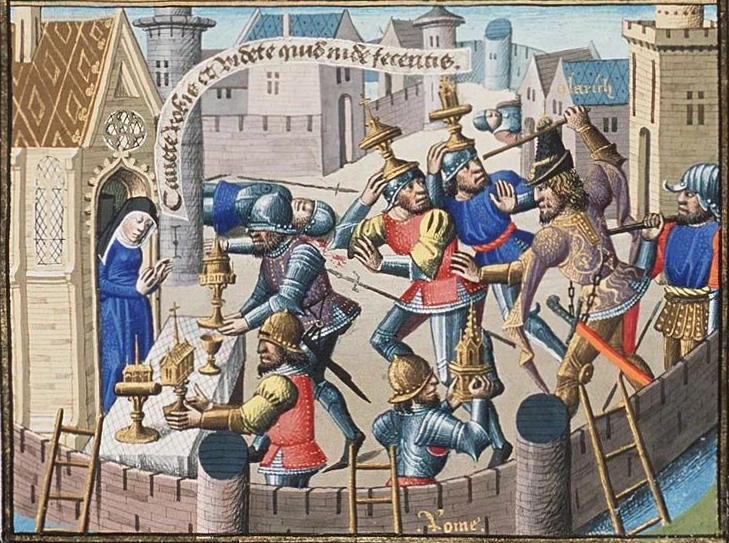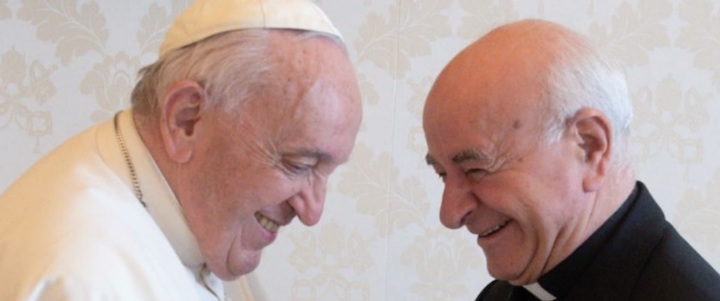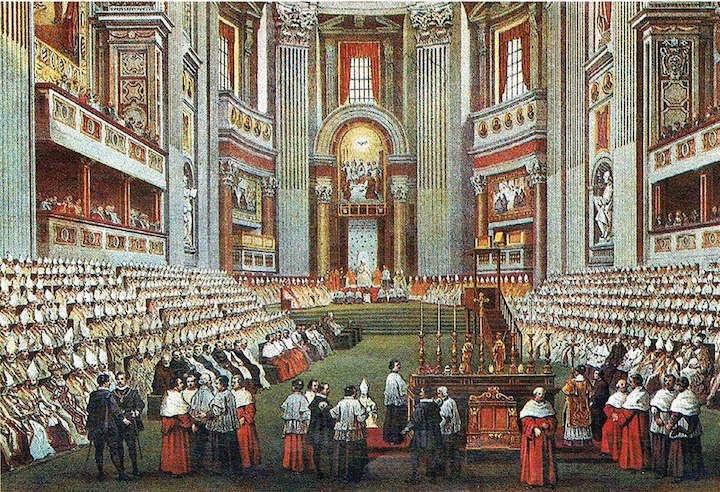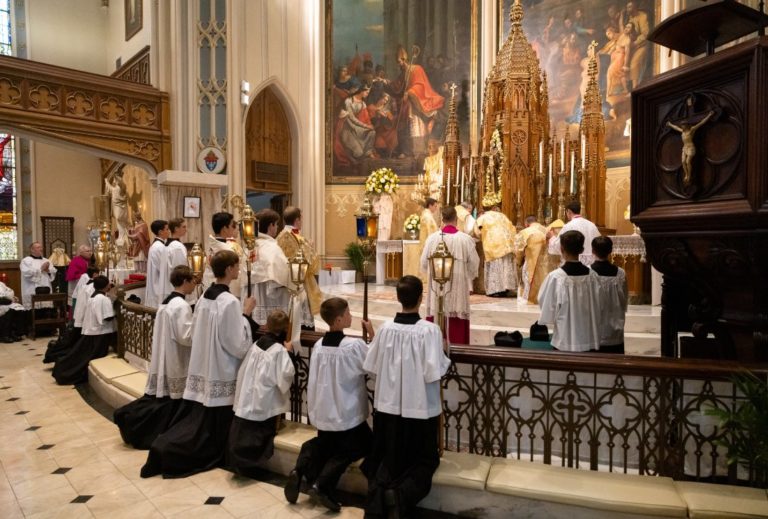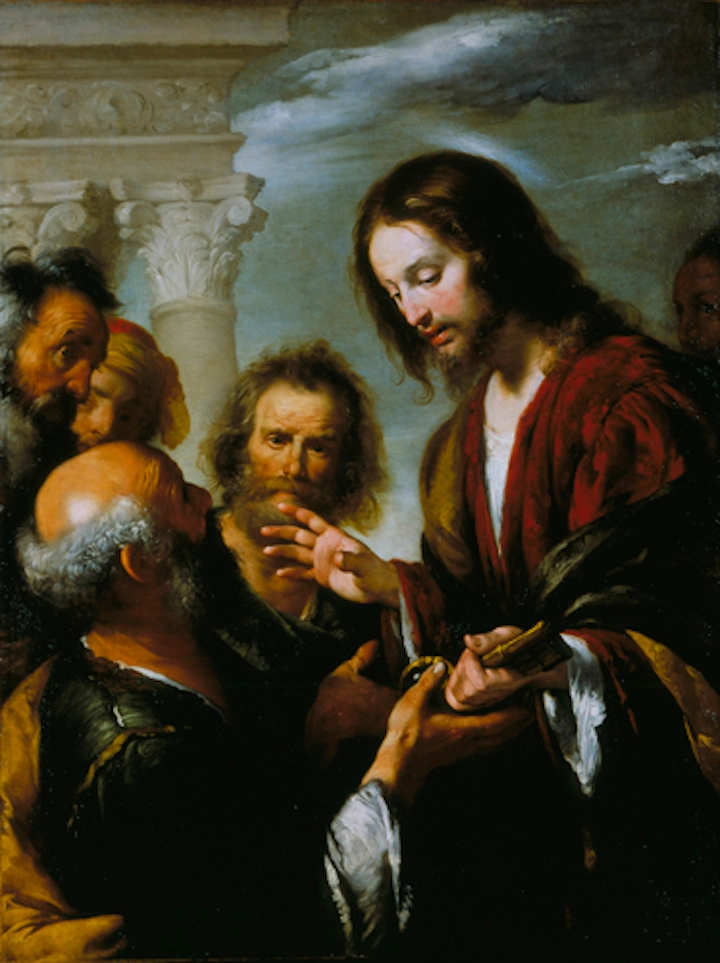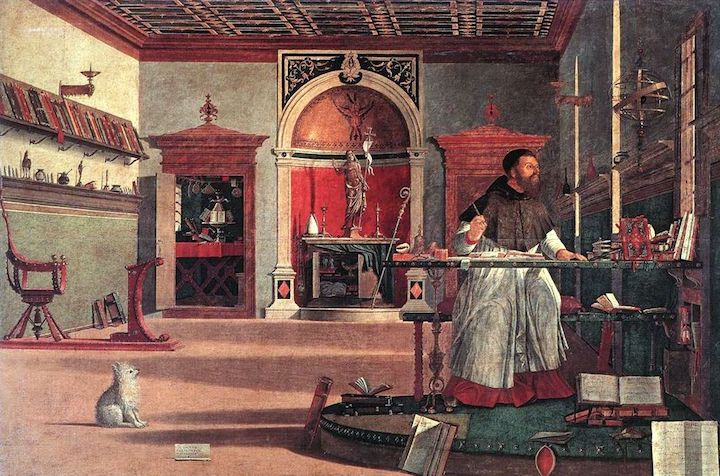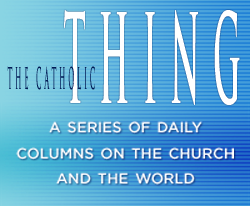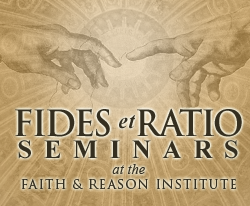Having and Not Having
Written by Robert Royal
Monday, November 28, 2022
Years ago, I was watching some late-night television talk show (why I would do such a thing, lying down, unless I was inert with jetlag, now escapes me). A young actress, who’d been “raised Catholic” – of course, by then “ex” – somehow started talking with the host about the Church. Which – she said – “Has something they call Black Friday” (viz., Good Friday). The slip, which went uncorrected, was annoying. But then it struck me as a small sign that the Faith leaves a mark, even if imperfectly remembered, even on people who choose to make their way to places of gross self-indulgence, like Hollywood.
We’ve just experienced a “Black Friday,” as most Americans now call it. And on this first weekday of the new liturgical year (alas, “Cyber Monday”), I find myself wanting to leave a mark on the season, to make some Catholic New Year resolutions for Advent, which like Lent is supposed to be a time of preparation. Because a self-indulgent “Spirit of Black Friday” is everywhere now and will continue to wreak havoc in the weeks leading up to Christmas if we don’t recover or consciously inject some counter-measures into the mix.
Dr. Johnson was a wise Christian and once remarked: “There are few ways in which a man can be more innocently employed than in getting money.” And where labor and trade are honest, which they mostly are, he’s right.
Black Friday used to be fairly innocent – the day on which many businesses moved “into the black,” i.e., became profitable. Judge, not, and all that. Still, from a normal human point of view, Black Friday (its advertising in particular) now appears to have all the hallmarks of diabolical temptation.

